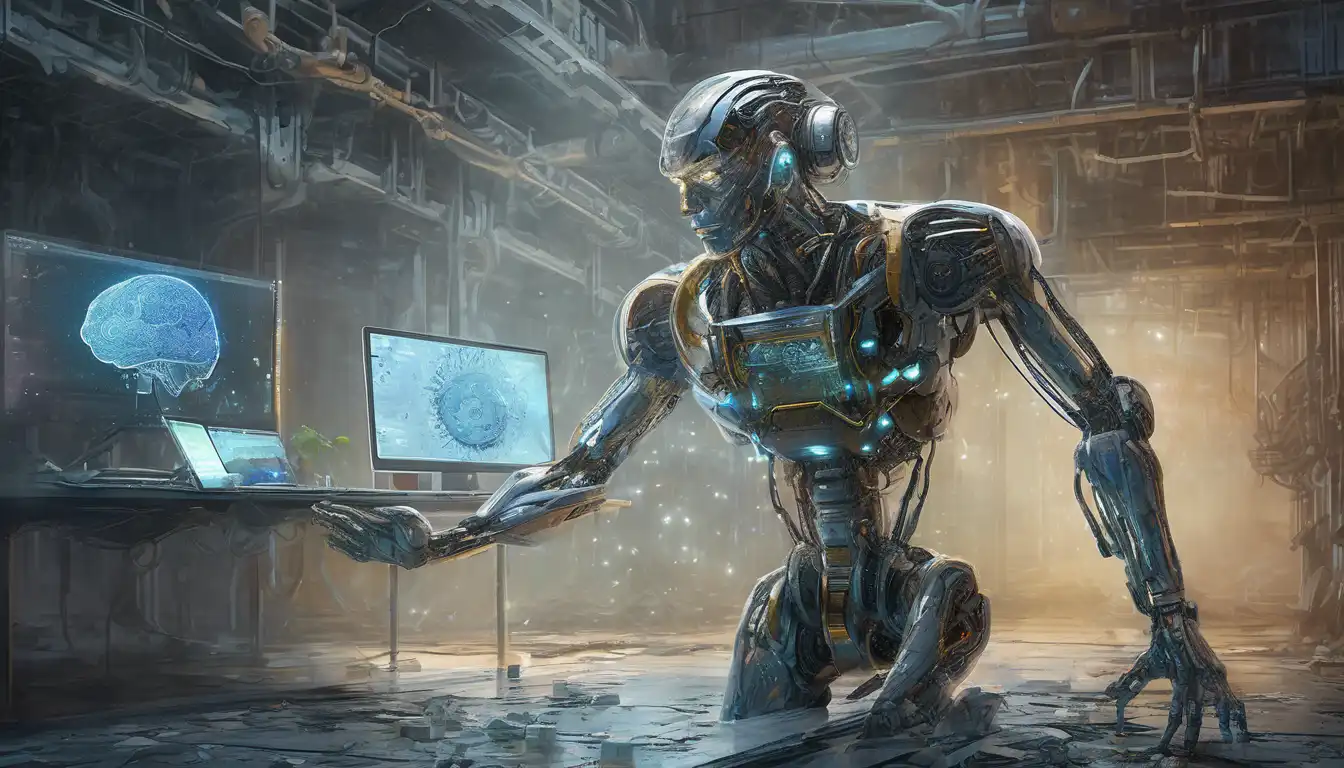Introduction to Artificial Intelligence
Artificial Intelligence (AI) has become a cornerstone of modern technology, influencing everything from how we interact with our devices to the way businesses operate. Despite its widespread adoption, numerous myths and misconceptions about AI persist, clouding the public's understanding of its capabilities and limitations.
Myth 1: AI Can Think and Feel Like Humans
One of the most pervasive myths is that AI possesses consciousness or emotions akin to humans. In reality, AI operates based on algorithms and data inputs. It can simulate aspects of human thought processes but lacks self-awareness or genuine emotional experiences.
Myth 2: AI Will Replace All Human Jobs
While AI is transforming the job market, the notion that it will render human labor obsolete is exaggerated. AI excels at automating repetitive tasks but struggles with jobs requiring creativity, emotional intelligence, and complex decision-making. The future likely holds a collaborative relationship between humans and AI, not a replacement.
Myth 3: AI Is Infallible
AI systems are only as good as the data they're trained on. Biases in data can lead to skewed outcomes, and without proper oversight, AI can make errors. Recognizing these limitations is crucial for developing more reliable and fair AI technologies.
Reality: AI Is a Tool for Enhancement
Beyond the myths, AI's true value lies in its ability to augment human capabilities. From healthcare diagnostics to environmental protection, AI offers tools that can solve complex problems more efficiently than ever before.
Examples of AI in Action
- Healthcare: AI algorithms assist in diagnosing diseases with high accuracy.
- Environmental Science: AI models predict climate change impacts, helping in mitigation efforts.
- Education: Personalized learning platforms use AI to adapt to students' individual needs.
Conclusion
Understanding the distinction between AI myths and reality is essential for harnessing its potential responsibly. By demystifying AI, we can focus on leveraging its strengths to benefit society while addressing its challenges head-on.
For more insights into how AI is shaping our world, explore our technology trends section.
